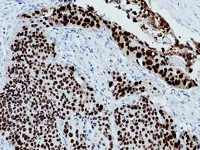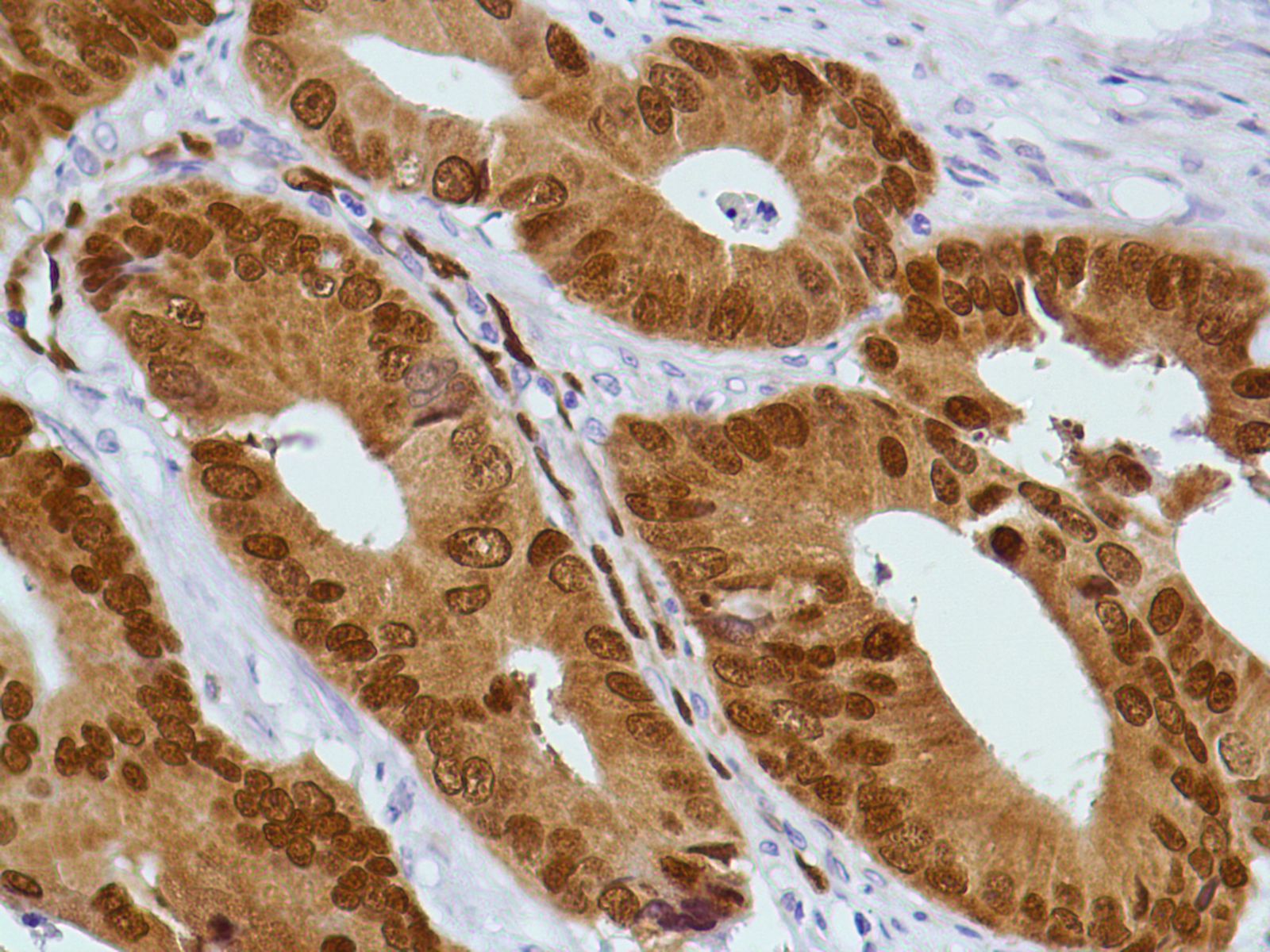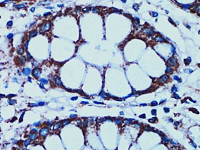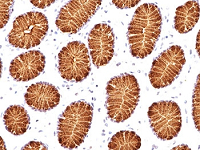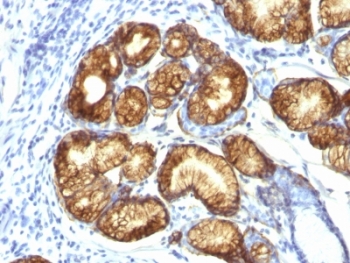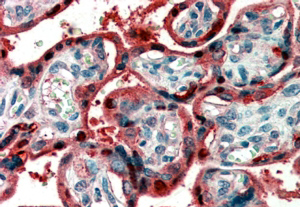Wnt / beta-catenin signaling for gastric fundus specification
Wnt / beta-catenin signaling for gastric fundus specification
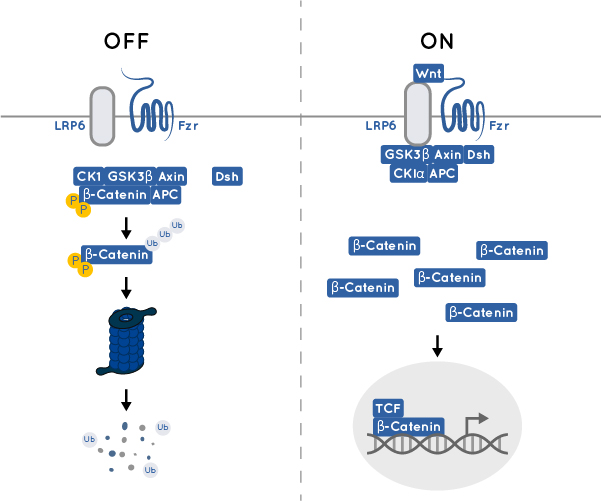 |
|
This is the first article to report a protocol to grow gastric organoids containing fundic epithelium, the main part of the stomach, in vitro from human embryonic stem cells. The gastric organs are not only a good model to study human gastric physiology and pathophysiology but also a new platform for drug discovery. Wnt/β-Catenin signaling is the major focus of this article. arigo offers quality antibodies to accelerate related study. |
|
Wnt/β-Catenin signaling |
||
| beta-Catenin antibody (ARG52651) |
beta-Catenin antibody (ARG62681) | |
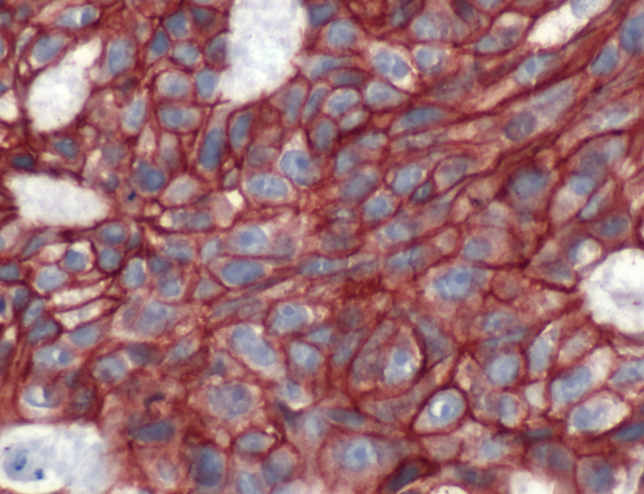 |
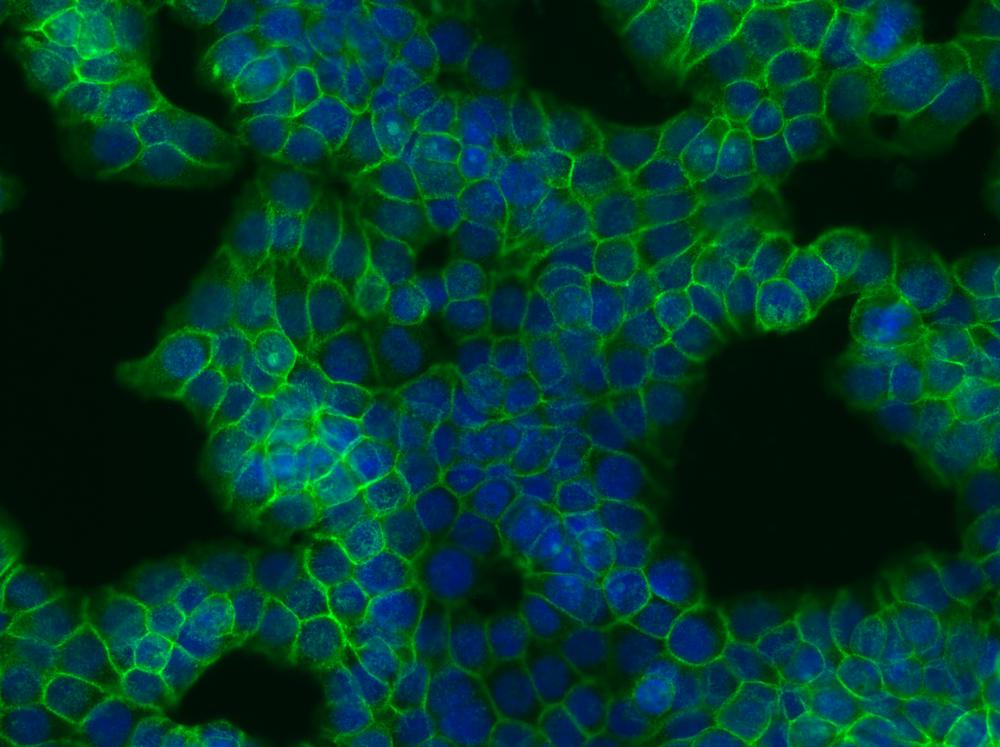 |
|
|
Reference: McCracken et al., (2017) Nature. 541(7636):182-187. |
